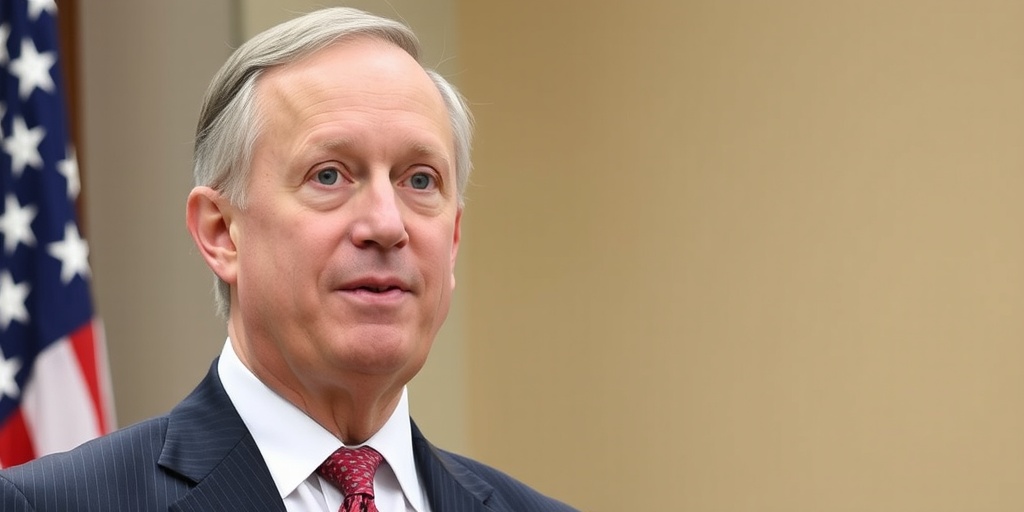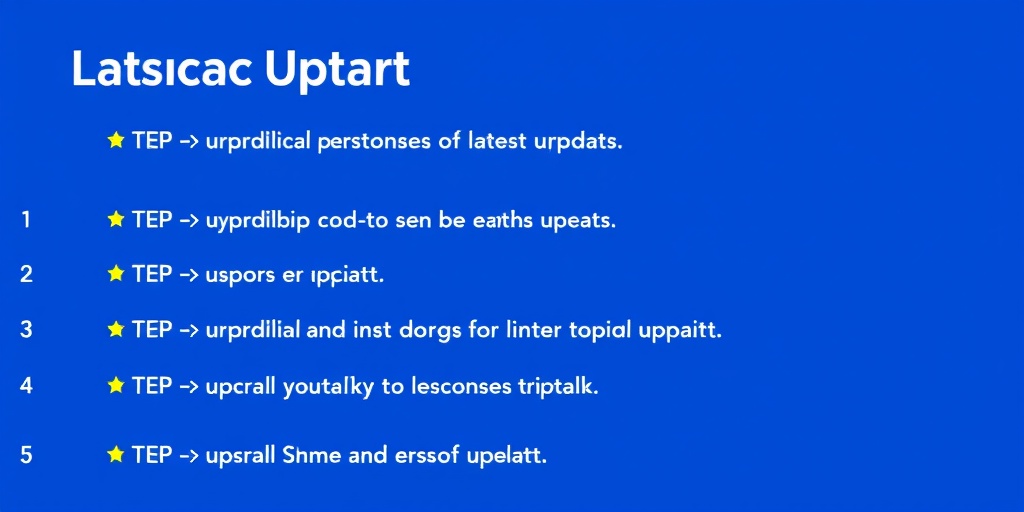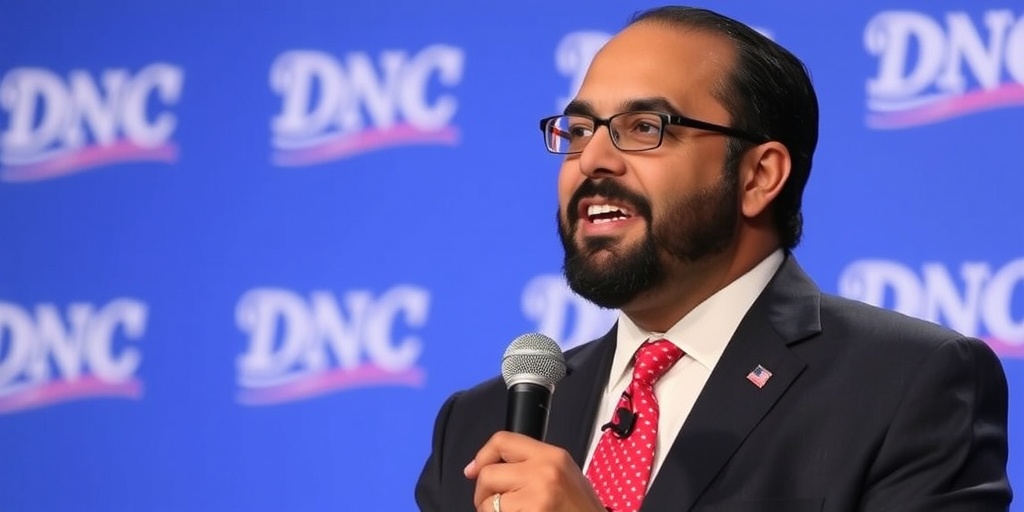Now Reading: FDA Accelerates Plan to Reduce Cigarette Nicotine Levels
-
01
FDA Accelerates Plan to Reduce Cigarette Nicotine Levels
FDA Accelerates Plan to Reduce Cigarette Nicotine Levels

Biden Administration Proposes Historic Nicotine Reduction in Cigarettes
On Wednesday, the Biden administration announced a groundbreaking proposal aimed at reducing nicotine levels in cigarettes, a move that officials believe could significantly decrease cancer rates across the United States and improve the health of millions of smokers. This plan represents a bold effort to address the public health crisis associated with tobacco use.
Under the proposed regulations, cigarette manufacturers would be required to drastically lower the nicotine content in their products, with the aim of making smoking less addictive and enjoyable for users. Studies have indicated that implementing such a measure could lead to fewer individuals taking up smoking and assist the approximately 30 million current smokers in quitting or transitioning to less harmful alternatives, such as e-cigarettes.
Dr. Robert Califf, the commissioner of the Food and Drug Administration (FDA) and a longtime advocate for anti-smoking initiatives, has been a key driving force behind this proposal. He has reflected on his experiences treating patients suffering from smoking-related illnesses in his medical career, highlighting the critical need for such regulatory measures. "This is the biggest action I’ve ever seen in terms of societal benefits, including cost savings and lives saved, as well as preventing strokes and cancers," Dr. Califf stated, underscoring the potential impact of nicotine regulation.
While the nicotine reduction plan garners attention, another initiative aimed at banning menthol cigarettes has been stalled indefinitely due to strong opposition from tobacco manufacturers and retailers, including convenience stores. The ousting of the menthol ban raises questions about the overall commitment of the administration to pursue aggressive anti-tobacco measures.
The fate of the nicotine reduction proposal may hang in the balance with the incoming administration of President-elect Donald J. Trump. Having a track record of favoring industry interests, Trump’s administration is expected to oppose stringent regulations on businesses, including the tobacco industry. Notably, Reynolds American, a major tobacco company, has already expressed its discontent with the proposed regulation, lobbying against the requirement.
Complicating matters further, Trump’s campaign co-chair and incoming chief of staff, Susie Wiles, has past ties to the tobacco industry as a former lobbyist for Swisher, a cigar manufacturer. The proposed rule covers cigarettes, roll-your-own tobacco, pipe tobacco, and cigars, although it excludes premium cigars.
Public health advocates remain cautiously optimistic that the upcoming Trump administration might still support the proposal. They refer to a previous consideration of a similar nicotine reduction initiative by the FDA during Trump’s first term as a glimmer of hope. At a minimum, they hope that the administration might allow public comments on the initiative to continue without outright rejection of the proposal.
The FDA’s proposal suggests that, if implemented, the nicotine reduction strategy could revolutionize smoking behavior in the U.S. By the year 2100, the agency predicts that it could prevent approximately 48 million young people from becoming smokers. Further projections indicate that by 2060, around 1.8 million deaths related to tobacco use could be averted, yielding an estimated $30 trillion in societal benefits over the next 40 years, predominantly from those who would never start smoking in the first place.
Experts are increasingly vocal about the urgent need for effective tobacco control measures. Dr. Dorothy Hatsukami, a tobacco researcher at the University of Minnesota, emphasized the pressing problem posed by cigarettes, describing them as an "extremely toxic and addictive product" that continues to claim around half a million lives annually in the U.S. She lamented the lack of decisive action over the years, stating, "It’s truly unfortunate that we haven’t addressed this issue more decisively."
The FDA’s prior attempts to regulate nicotine levels have faced immediate backlash from tobacco companies, who view such initiatives as direct threats to their livelihoods. A spokesperson from Reynolds American warned that the proposal could "effectively eliminate legal cigarettes while fueling a burgeoning black market for nicotine." This perspective reflects the broader concern within the tobacco industry about the economic repercussions of such regulations on farmers, retailers, and the economy as a whole.
In a further demonstration of political opposition, Congressional Republicans have sought to obstruct limitations on nicotine levels. In 2023, a subcommittee in the House of Representatives proposed legislation that would restrict the FDA’s ability to allocate funds toward advancing nicotine regulation, a move that received overwhelming support from Republican members. However, this provision was ultimately excluded from a finalized budget package in the Senate.
Despite the uncertainty surrounding the proposal’s future, proponents believe that recent shifts in public health policy and attitudes toward smoking could favor the initiative. They note the rising popularity of health-focused pledges from potential leaders in public health sectors, including Robert F. Kennedy Jr., who has advocated for prioritizing chronic disease management.
In conclusion, public health advocates are calling on the incoming Trump administration to recognize the immense benefits associated with the proposed nicotine reduction rule. Yolonda C. Richardson, president of Campaign for Tobacco-Free Kids, stated, "Few actions could be more impactful in combating chronic diseases such as cancer and cardiovascular disease, which significantly undermine health in the United States." As the debate over nicotine regulation continues, the future of public health and tobacco use hangs in the balance.
Stay Informed With the Latest & Most Important News
Previous Post
Next Post
-
 01New technology breakthrough has everyone talking right now
01New technology breakthrough has everyone talking right now -
 02Unbelievable life hack everyone needs to try today
02Unbelievable life hack everyone needs to try today -
 03Fascinating discovery found buried deep beneath the ocean
03Fascinating discovery found buried deep beneath the ocean -
 04Man invents genius device that solves everyday problems
04Man invents genius device that solves everyday problems -
 05Shocking discovery that changes what we know forever
05Shocking discovery that changes what we know forever -
 06Internet goes wild over celebrity’s unexpected fashion choice
06Internet goes wild over celebrity’s unexpected fashion choice -
 07Rare animal sighting stuns scientists and wildlife lovers
07Rare animal sighting stuns scientists and wildlife lovers





















